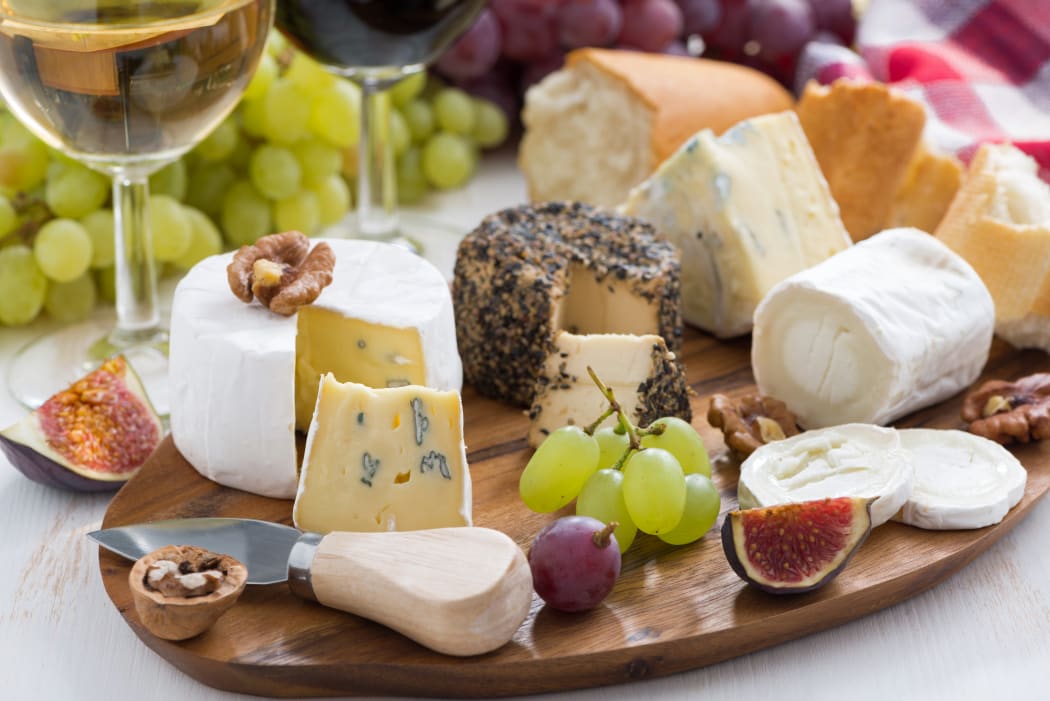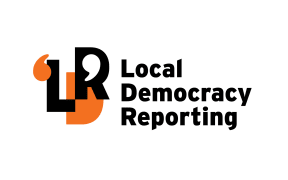Two Bay of Plenty councils and Lakes District Health Board have spent just over $225,000 on catering for meetings in two years.

File image. Photo: 123rf
Information obtained by Local Democracy Reporting reveals that in the 2019/2020 financial year, Rotorua Lakes Council, Bay of Plenty Regional Council and Lakes District Health Board spent just over $87,000 on food and beverage catering for meetings.
That was made up of just over $5000 by the health board, just over $22,000 by the regional council and just over $60,000 by Rotorua Lakes Council.
In the 2018/19 financial year, the health board spent just over $3500 on meeting catering, while the regional council spent nearly $44,000 and the district council spent just over $90,500, bringing the total spent by the three organisations to just over $138,000.
The district council's full council meeting catering costs increased in 2019/20, although the overall cost of catering for the organisation dropped by about $30,000 on the previous year.
In the 2018/19 financial year, the catering costs for full council meetings was $6754.52 and the following year it was $8898.52.
The council says that was because there were more full council meetings in the last financial year than the one before, and the organisation was constantly reviewing and considering where costs could be cut.
Rotorua Residents and Ratepayers secretary Paddi Hodgkiss said the spending by Rotorua Lakes Council in particular was, in her opinion, appalling.
"I can't figure out why - they live in Rotorua, they go to meetings in Rotorua … I really do think that is a way of cost cutting."
It is understood most district councillors live in or near Rotorua, with the exception of councillor Tania Tapsell, who lives in Maketu.
Hodgkiss said she had peeked at the lunches available at Rotorua Lakes Council meetings and it was in her opinion "pretty extravagant".
"Even what they have in the chamber to snack on … it seems a bit over the top," she said, expressing her opinion.
Local Democracy Reporting asked the council what kind of food was supplied in its official information request, but the council declined to answer, saying it "did not record the individual types of food items" in its response.
Hodgkiss did believe there was space for some catering.
"I would really endorse the public gallery being able to have a cup of coffee and a scone - something fairly basic - to just talk with councillors. That would be an ideal way of engagement. But I don't think the public, or the councillors for that matter, should be offered a full lunch."
Hodgkiss said she was impressed at the district health board's comparatively low spend, calling it "chicken feed" when compared to the two councils.
Hodgkiss' comments were put to Rotorua Lakes Council for the right of reply.
Acting council chief executive Craig Tiriana said catering for council meetings was reviewed annually and reduced significantly in 2019.
It had further changed as a result of Covid-19 with no tea, coffee or food offered during meetings. Elected members were provided with refreshments and lunch in the council's Green Room, he said.
"The organisation is constantly reviewing and considering where efficiencies and or cost reductions can be made and catering has been significantly reduced.
"Hospitality and looking after visitors is part of the culture of any organisation. In any given year [the] council hosts hundreds of meetings attended by thousands of people - many from outside the organisation - but not all are catered.
"Our organisation is mindful of the need to be prudent and ensure all spending is appropriate. Catering is a cost of doing council business and supporting elected members and others to perform their roles with, and on behalf of, the community."
Asked why the food was placed out of sight of the public, Tiriana said members of the public who attended the meetings prior to Covid-19 "did avail themselves of what was there if they wished".
He said the availability of morning tea-style light refreshments for the public and elected members, as Hodgkiss suggested, would be referred to the council's democracy team to be considered.
Asked why the cost of catering for full council meetings rose in 2019/20, Tiriana said it was because there were more meetings in that financial year than the previous year.
He said the overall spend was significantly lower than the year before, with the committee meeting spend nearly $5000 less than the previous year.
Tiriana said "other meetings" included community engagement meetings, steering committees, stakeholder meetings, hosting ministers, elected member workshops and other hosting events.
In 2018/19, the three organisations spent just over $138,000 on catering, about $51,000 more than in 2019/20.
Figures for the regional council pertain to governance meetings - official council and committee meetings and events for councillors.
The district council's figures encompassed council, committee and community board meetings, as well as statutory and district plan hearings, executive team meetings, and that which the council categorised as "other meetings".
The health board's catering cost figures related to board and committee meetings.
The regional council also provided spending on catering for training for staff, volunteers and external parties, which was $15,025.18 over the two years, and "internal" meetings.
Internal meetings were described by regional council customer contact acting manager Rebecca Immink as those which included "circumstances where meetings are held over an extended period of time, or where they consisted of a 'working lunch' where a standard lunch break does not occur, or is being held off-site where it is impractical for staff to bring their own meal".
The catering cost of those meetings was nearly $35,000 in 2018/19 and just over $22,500 in 2019/20.
Immink said the regional council's preferred suppliers over the two years were Peppercorn Catering, White Island Cafe and Pantry D'Or, but the figures also included other local suppliers where the preferred supplier was unable to fulfil requests or the catering was provided by a venue.
She said the adoption of low carbon catering standards was also one of a number of actions aimed at reducing organisational emissions.
The regional council did not request specific items but as part of the procurement process suppliers submitted proposed menus for morning tea, lunch and afternoon tea.
Rotorua Lakes Council engaged Eurest as an in-house caterer and spent a total of $103,706.96 with them in 2018/19 and $64,843.65 in 2019/20.
Executive team meeting catering costs disappeared in 2019/20, after costing $183.48 in the previous year. District plan hearings also dropped to nil from $356.09 in the year before.
The total spend coded as catering was $213,823.42 and $150,793.19 for 2018/19 and 2019/20 respectively, which included the costs from Eurest.
Catering for citizenship ceremonies cost just over $13,000 in 2018/19 and just under $5000 in 2019/20.
The district health board's catering costs for board and committee meetings was just over $5000 in 2019/20, up just over $1500 on the previous year.
Lakes District Health Board chief executive Nick Saville-Wood said the most common orders were sandwich, fruit and savoury platters. Almost all catering was provided by the health board's in-house contractor Spotless, but at Taupō Hospital, almost all catering was done by the hospital kitchen, he said.

Local Democracy Reporting is a public interest news service supported by RNZ, the News Publishers' Association and NZ On Air.

